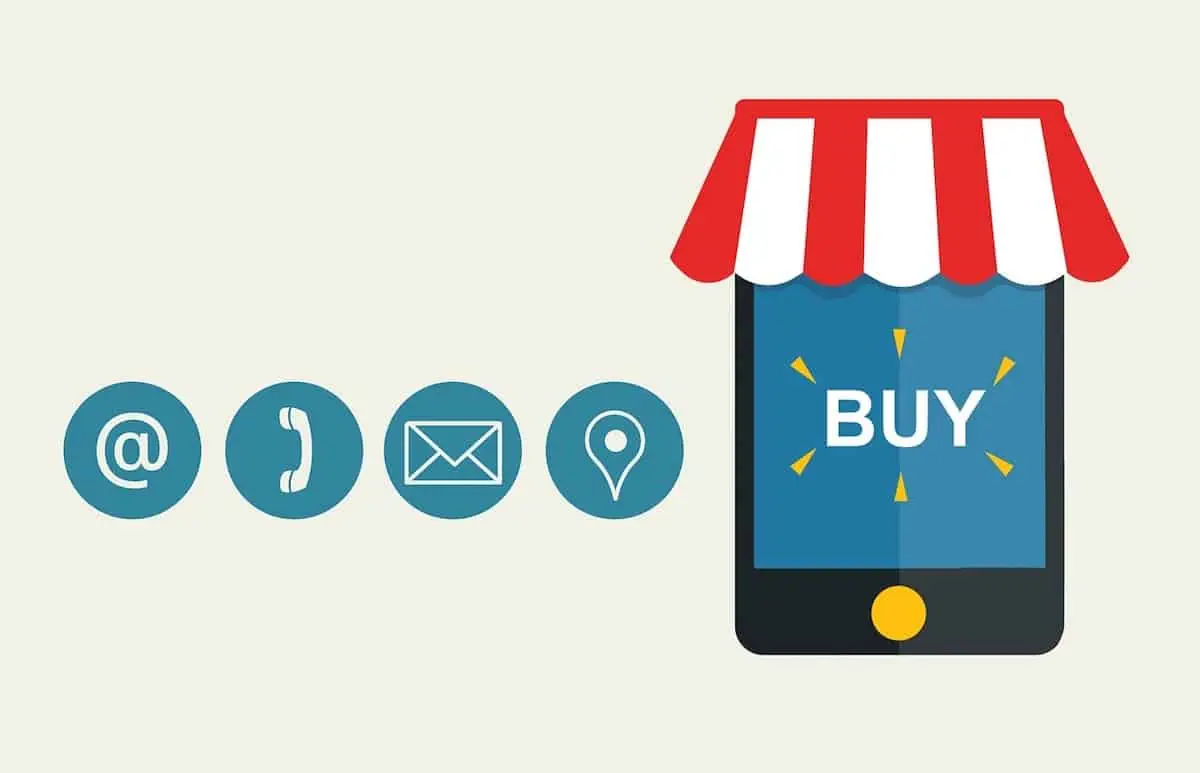Launching an eCommerce business is a thrilling journey with endless potential since billions of people are now buying online across the globe. Numerous eCommerce businesses have skyrocketed thanks to well-crafted content and strategies, growing in fame while also making it easier to acquire customers.
Taking your eCommerce Business to the next level can be difficult, but with a well-executed plan to scale your eCommerce business, there is an abundance of potential for exponential growth!
What is the difference between growing and scaling?
It can be tricky to tell the difference between scaling and growing an online business. Scaling is all about increasing profits with minimal investments, while growth involves using more resources such as capital investment, personnel, and product line-up to increase revenues.
With that said, a company may grow in size but not make any gains if proper measures are not implemented. On the contrary, scaling elevates revenue without straining costs – in other words, you expand earnings while keeping overheads almost equal. As an e-commerce store owner, it’s only natural to desire growth in income. Reach out for higher heights and strive for scaling success!
Customer Journey Mapping
A customer journey map is a visual narrative of every customer engagement with a service, brand, or product. Creating a journey map puts the organization directly in the consumer’s mind, allowing them to see and understand consumer processes, needs, and perceptions.
A Customer journey map shows all the touchpoints your customer may have with your brand – from how they first heard about you through social media or brand advertising, to their direct interactions with your product, your website, or your support team – and includes all the actions your customer takes to achieve a goal over a period of time.
KPIs
Along with mapping your customer journey, it is also important to have specific KPIs. Key Performance Indicators (KPIs) provide a comprehensive assessment of an organization’s long-term success by measuring its financial, strategic, and operational performance.
Investing in the right tools can drastically enhance your customers’shopping experience, providing immense value to your business. With the right KPIs in place, businesses can make informed decisions about their future development and direction. KPIs are an invaluable tool for measuring your eCommerce performance, and the list of these indicators can be tailored to suit any organization’s needs.
To give you a better understanding of some common KPIs used within eCommerce:
- Website traffic
- New customers vs returning customers
- Time spent on site
- Bounce rate
- Newsletter subscribers
- Email open rate
- Chat sessions
- Social media followers
- Cost per click
- Cost per acquisition
- Reviews
SEO
To ensure success for your eCommerce business in the long run, it is essential to incorporate content marketing into your strategy. Enhancing and optimizing SEO will help bring a higher ranking to your website on search engines.
Carefully assess your business’s niche to identify exactly which keywords you must rank for. It is not only the name of your company that matters, but also certain phrases and terms associated with it that potential customers are looking up on search engines.
This suggests that you should audit your:
- Website’s sitemap
- URL structure
- Blog posts topics
- 404 pages
- Redirects
Automation
Automation is the way of the future for eCommerce; it gives you the tools to spend less time and resources on basic tasks. Not only does automation allow you to better allocate your resources, but it also lets you take advantage of precious moments that can be spent doing vital activities such as developing a content plan or marketing plans. At its best, automated processes are set up with an aim towards increased sales opportunities.
Automating your website is simple, with the following examples:
- Inventory management
- Payment processing
- Order fulfillment
- Shipping and tracking updates
- Customer service responses
- Analytics reports
- Management software
Accounting
Finances are the heartbeat of every eCommerce business and should be a major driving point behind the decisions they make. Quality finances start with good accounting. Hiring an accountant is the final step for eCommerce success is to hire a reliable accountant.
Having a qualified and experienced accountant on your team can help you manage the financial complexities of an online business, including managing finances, filing taxes, budgeting, and more. This will enable you to stay organized while giving you peace of mind that all legal and financial requirements are met.
Customer Service
Establishing a customer service team is essential for an eCommerce business. Quality customer service should be a pillar of your online retail experience and will help keep customers coming back again and again.
When customers feel valued, they are more likely to become loyal customers who trust your brand and become advocates of it. Customer service teams can provide advice on products and services, help customers resolve their issues quickly, and even make personalized recommendations to improve their shopping experience.
Overall, having a comprehensive understanding of the customer journey is key for any eCommerce business. Utilizing the right tools to measure your KPIs, SEO strategies, automation techniques, accounting processes, and customer service operations will ensure that your business is well-positioned to succeed.
With the right combination of these strategies, you’ll be able to build an online presence that will engage and delight customers and scale your eCommerce business.

